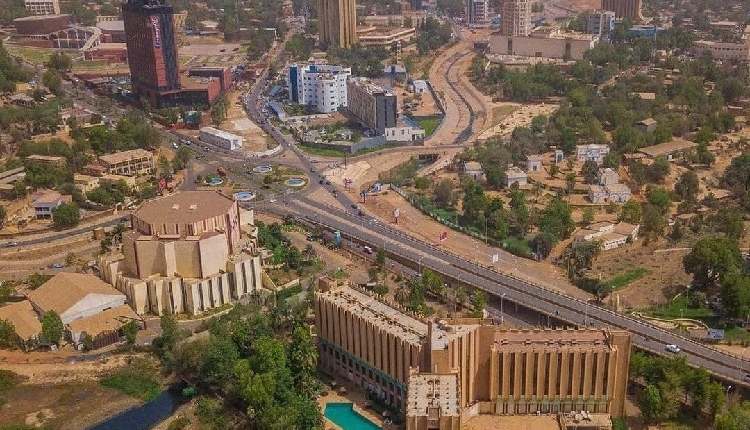Niger is set to witness an economic rebound on condition of favourable security and climate conditions, and continued oil production for exports, according to the World Bank‘s latest economic update.
The report provides an analysis on the country’s recent economic and poverty trends and gives a three-year outlook.
The political crisis following the unconstitutional regime change on July 26, 2023, and the subsequent commercial and financial sanctions imposed by Economic Community of West African States (ECOWAS) and West African Economic and Monetary Union (WAEMU), significantly reduced the Niger’s GDP growth to 2 per cent. The World Bank said the country’s growth could rebound to 5.7 per cent in 2024 backed by the lifting of sanctions on February 24 and partial restoration of financing.
“This rebound would be driven by oil exports, while non-oil industries and service sectors, which suffered heavy losses in 2023, face a challenging recovery.” the report read.
The World Bank report also expects the extreme poverty rate to decline between 2024 and 2026, reaching 42.5 percent by the end of 2026, in line with projected growth rates. “This assumes solid growth in agriculture output and the effective use of increased oil revenues for the benefit of the population.”
“While oil production and exports are expected to boost government revenues, it will also increase the volatility of growth. Plus, it is a finite resource, and Niger’s oil reserves are expected to begin declining in the mid-2030s if there are no new discoveries. It is therefore crucial to focus on increasing productivity by investing in sectors such as education,” Mahama Samir Bandaogo, eenior economist at the World Bank and co-author of the report, stated.
Niger’s education sector requires “substantial investment.” To ensure fiscal sustainability, Bandaogo said the government should focus on optimising spending within the education sector and increasing domestic revenue from both oil and non-oil sources. This will create additional fiscal space for education without compromising other essential services.
Attribution: World Bank
Subediting: Y.Yasser


